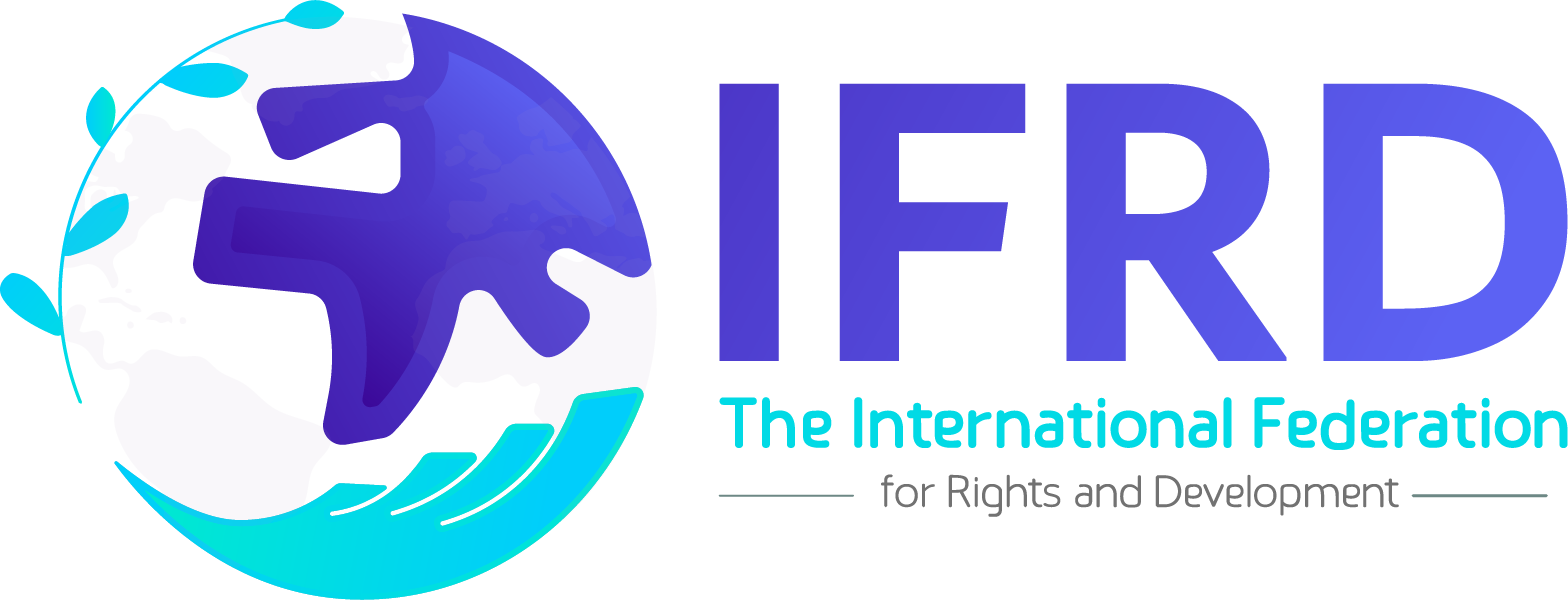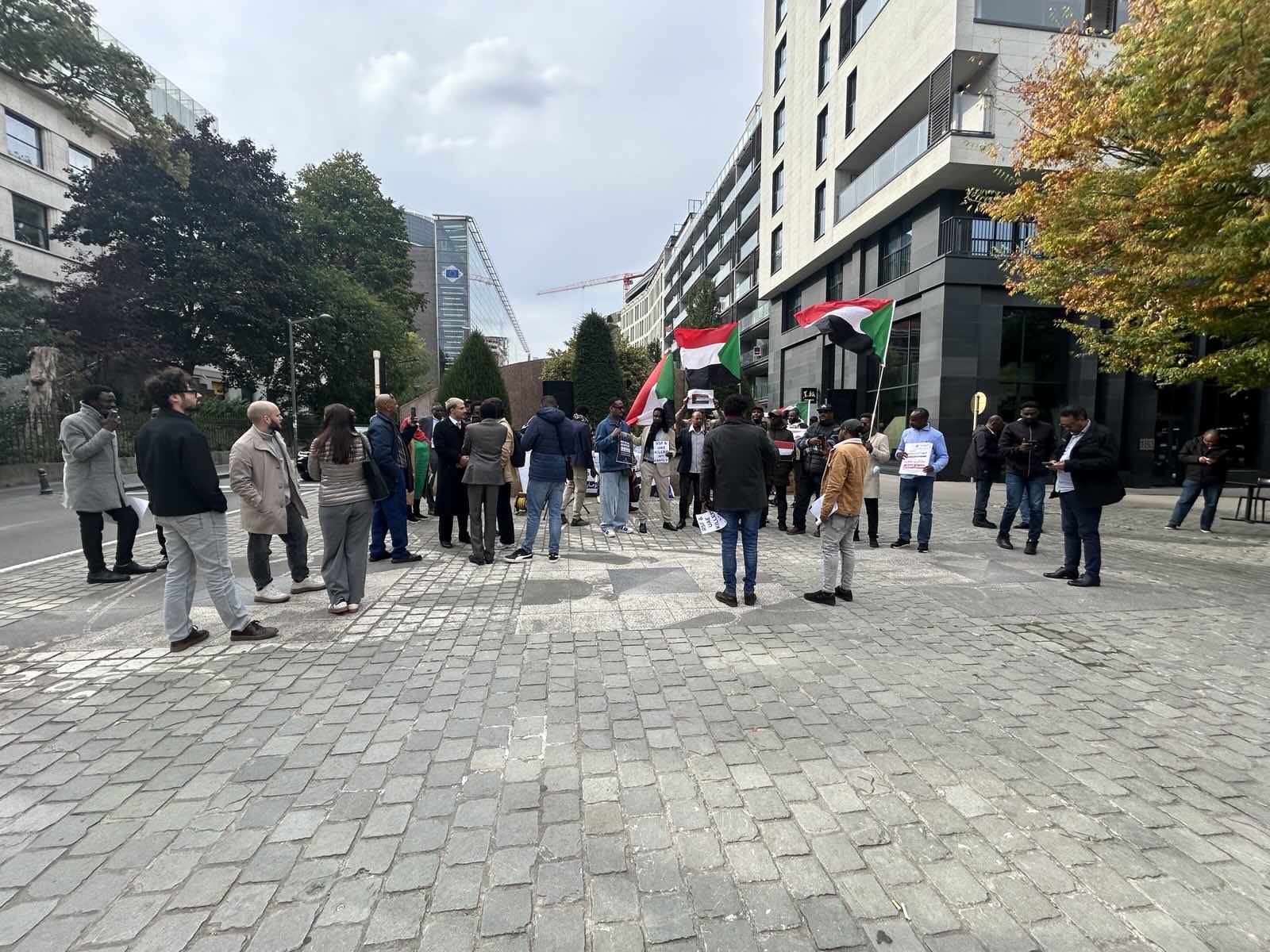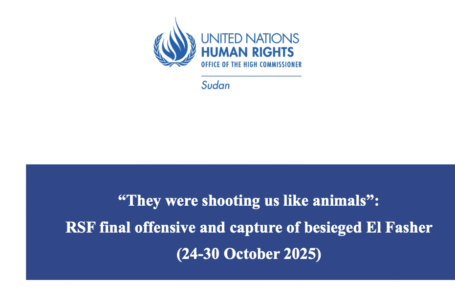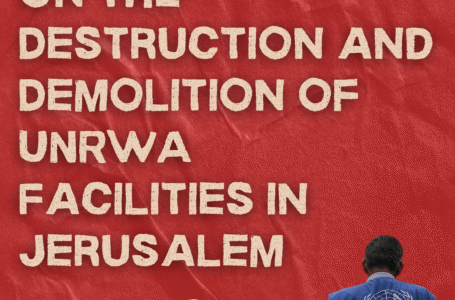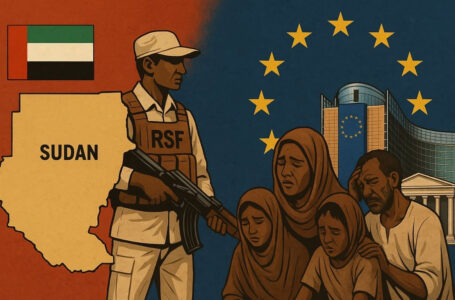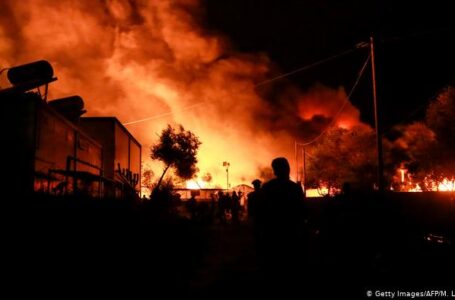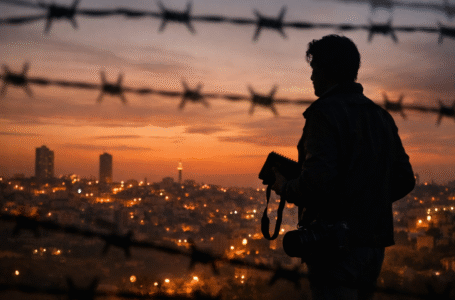By Gamaal El Attar Executive Director, co-written by Alexa Munteanu Intern, International Federation for Rights and Development (IFRD)
Recently, representatives of Sudan’s Rapid Support Forces (RSF) tried to infiltrate the European Parliament by speaking at an event under the banner of “peace” . This attempt must serve as a wake-up call. While the this militia has been sanctioned by the European Union for its role in genocide, war crimes, and systematic gender-based violence, they nearly entered the heart of European democracy. This showcases just how far how far perpetrators will go to whitewash their crimes and calls for attention to who is given a platform to speak and their messages.
Thanks to vigilance and solidarity between civil society and principled Members of the European Parliament, the event was stopped. MEP Vautmans and MEP Gahler reinforced their principled stance and their position as defenders of human rights through their efforts of shedding light on the manner. Similarly, MEP Sieper and his cabinet took the necessary steps in stopping the event and addressed the Sudanese activists, standing up against war crimes and gender-based violence. We express our sincere gratitude to the Members of the European Parliament who acted swiftly to ensure that perpetrators of atrocities are not legitimised through a platform in the European Parliament.
The International Federation for Rights and Development (IFRD) also played an important role as it identified the individuals, alerted MEPs, and ensured that Parliament’s credibility was not tarnished by offering legitimacy to war criminals. The Sudanese diaspora, who traveled from across Europe to protest, reminded us that justice is not abstract: it is about families torn apart by mass killings, women subjected to sexual violence, and children starved by deliberate obstruction of aid.
This cannot be treated as an isolated incident. Since the EU sanctions of 2023, the RSF has intensified its lobbying efforts in Brussels. This is supported by authoritarian governments, armed groups, and their backers who all seek to manipulate European institutions. In light of this, the European Parliament must reinforce its safeguards, improve vetting procedures, and ensure that human rights always come before the agendas of those implicated in atrocities.
Europe’s message must remain clear: there can be no space in our democratic institutions for perpetrators of genocide. By standing firm, we not only defend Sudanese victims but also protect the integrity of our Parliament.
